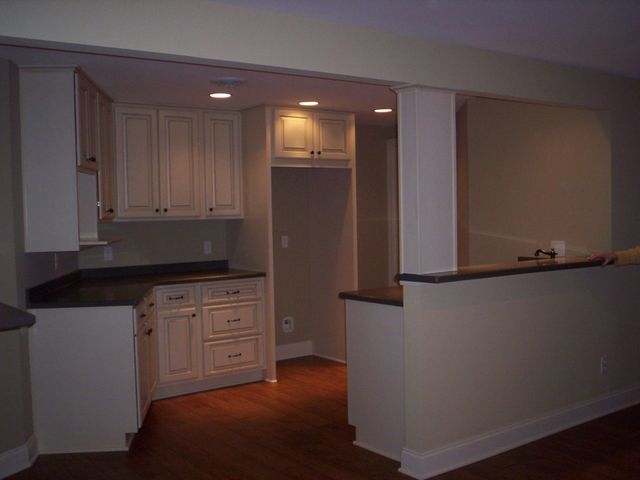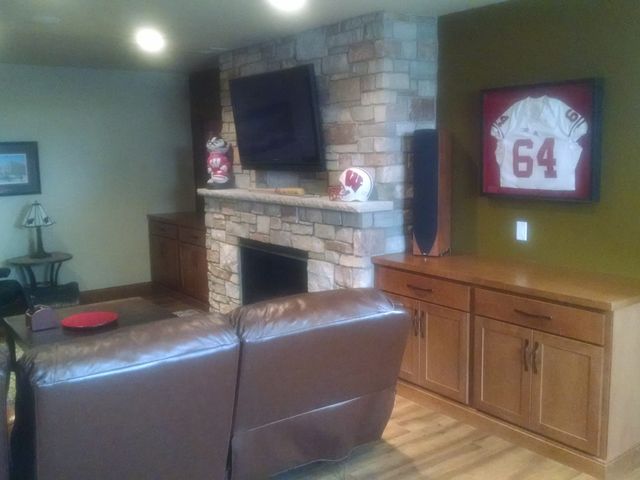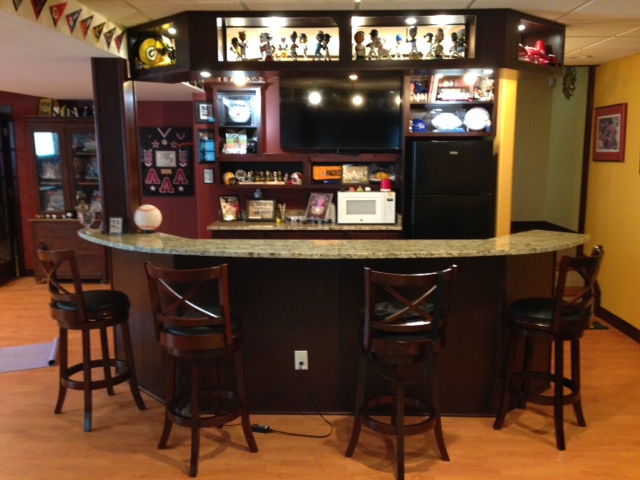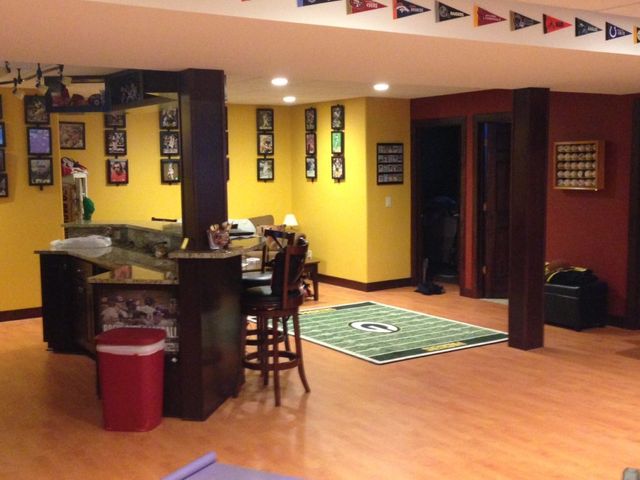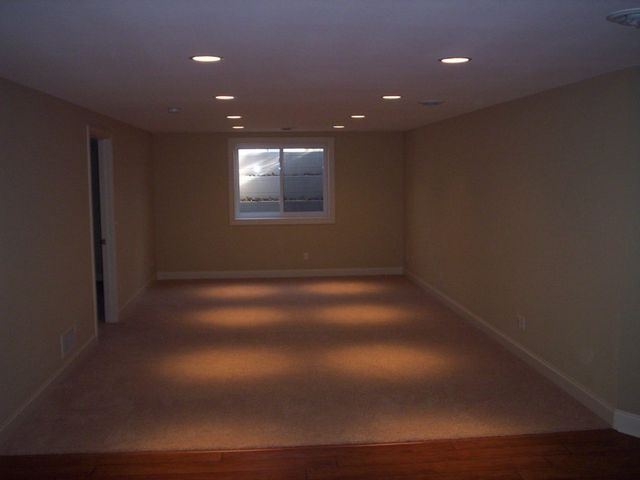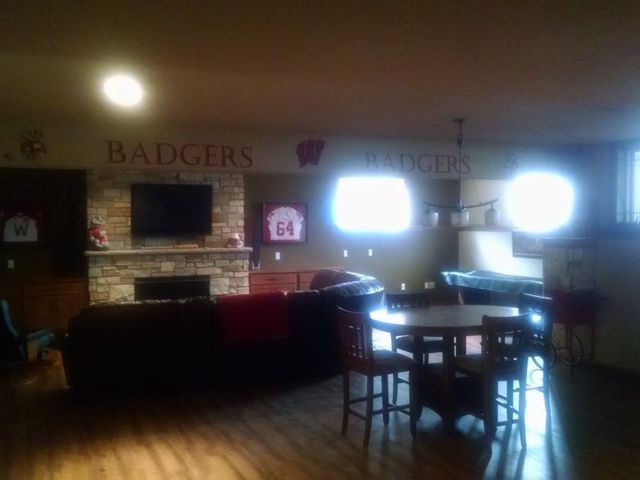Many people today are looking for more living space in their homes whether the kids are growing up, another kid is on the way, and/or needing a space to entertain family and friends. Buying or building a different house is an option, adding on to your house is an option, but is finishing off some of your basement also an option?
Finishing off your basement is definitely something worth exploring in finding more space. Some homes have already been built with full or partial exposure in the basement in attempt to provide a more main floor feel when finishing the basement. If you’re looking to add a bedroom and don’t have an egress window (this satisfy building code requirement for a legal bedroom) you’ll likely need to consider this as a part of the project (sometimes these are considered for the family room area also to allow more natural light).
Benefits in finishing your basement:
- It’s most likely the most cost effective way to gain more finished area in your home.
- It’s many times versatile in the space you gain: bathroom, bedroom, family room, game room, bar area, etc.
- It typically takes less time to finish than an addition and/or going through the buying/selling process.
- It’s a unique opportunity to do a different style/theme from the rest of your house.
Items to check into and consider before finishing your basement:
- Do you basement have any underground rough-in plumbing for a bathroom, if not, is it something you want to consider and how difficult would it be?
- If looking to do a kitchen or bar is the plumbing there for that and how will it affect your floor plan to incorporate it best?
- Have you had any foundation leaks that could create potential problems when the area is finished off?
- Have you had any main floor plumbing leaks in the past that could create potential problems when the area is finished off?
- Have you tested the radon level in your basement to make sure it’s below the EPA standard, if it isn’t a radon system should be installed prior to finishing off your basement (just because you have a newer home doesn’t mean you don’t have radon)?
- Are you going to permanently close in the ceiling (i.e. drywall or tongue and groove wood) or leave it accessible (i.e. suspended ceiling grid work and ceiling tiles)?
- Do you want to zone the heating so the basement has its own thermostat or use a supplemental heat (in-floor heat, electric baseboard, fireplace, etc.)?
Basements can really be great square footage to have finished in your home, with the proper planning it will likely help provide you the best finished product!

